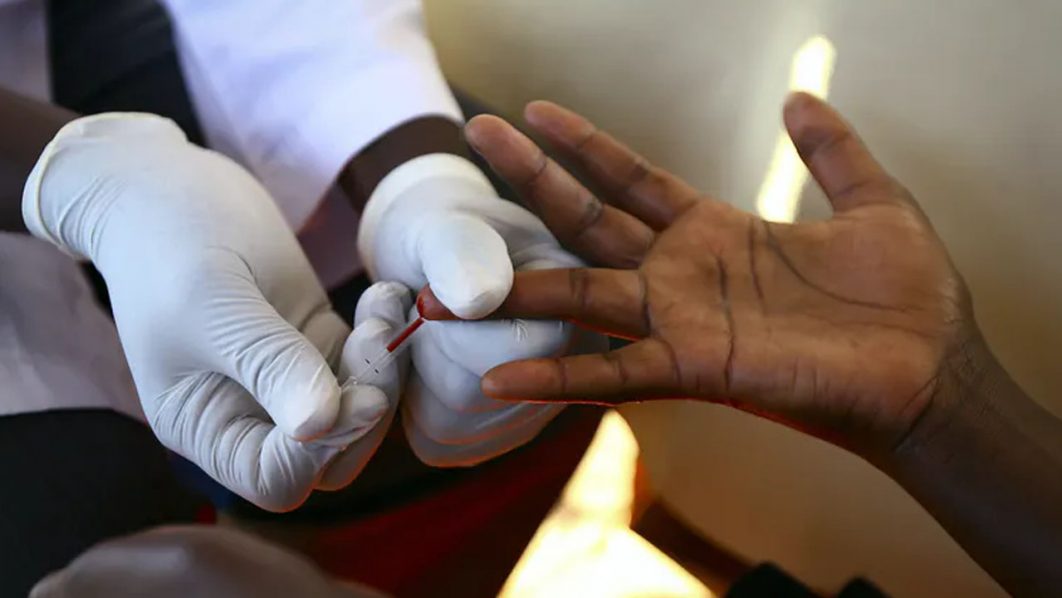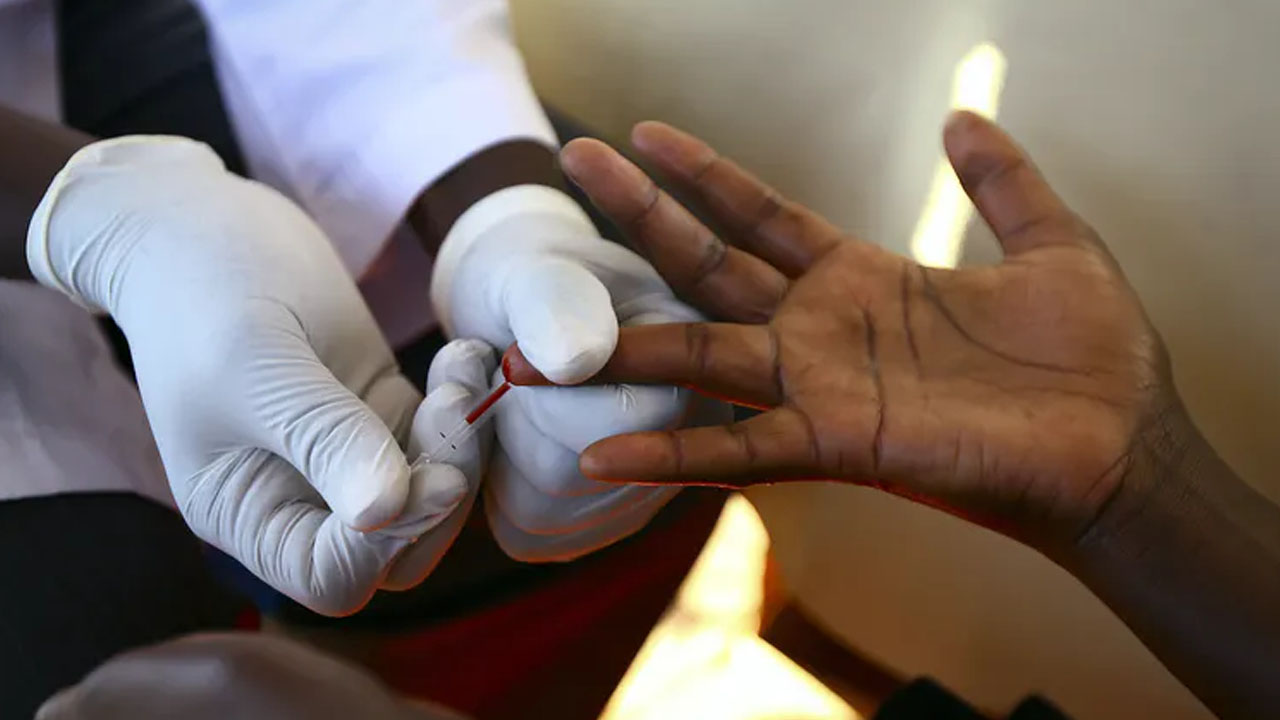
However, World AIDS day cannot be overtaken. HIV is a long-lasting (chronic) infection with the virus known as Human Immunodeficiency Virus. Initially, it shows no illness or at most mild signs such as headaches, fever, sore-throat not different from the Flu (stage 1).
As the disease progresses and ravages the body, the state of health takes a downturn for the worst and the patient is said to have full-blown Acquired Immunodeficiency Syndrome (AIDS). A syndrome is a consistent exhibition of signs and symptoms ascribed to specific illnesses. These illnesses were first noticed in the USA amongst men who had sex with men (MSM) and intravenous drug users who tend to share needles. The first case was reported in Nigeria in 1986.
This illness has spread throughout the world (pandemic) due to ease of travel, traditional and other habits that tend to spread the Virus. HIV is reportedly infecting between an estimated 40 to 55 million people. In Africa, South Africa has the highest number of people living with HIV, followed by Nigeria which has about 1.7 million people living with the virus (Prevalence). This is about 0.1% of the population of 200 million people. But due to the paucity of reliable data, this may be unreliable.
Testing for HIV should follow counseling to prepare the patient for the results. This session also helps to evaluate the clients’ knowledge about HIV to serve as the basis of health education when the results are finally out. If negative, the client should be educated on preventive measures such as abstinence, correct and consistent condom use which has hardly been accepted here as consistent condom use is still low from surveys carried out; being faithful to the partner. If the result is positive, the client is offered psychological support and entered into care. It is also important to test other family members and partners (contact tracing) who may be exposed to the risk of acquiring the illness such as the spouse and siblings and sex mates. The WHO has set a target that by 2020, 90% of the population should know their HIV status. Illnesses such as longstanding fever, unexplained weight loss, long term diarrhea, and cough; Clients with fungal infections, skin rashes, and tuberculosis are suspected and should be tested. Routine testing is difficult due to the unavailability of testing kits. But there is a need for a high index of suspicion as most people infected are asymptomatic, especially during the window period. Should the testing be made routine at every point of service delivery?
Linkage of positive clients to care has been a difficult exercise. All tested and positive should ideally receive antiretroviral drugs of which various classes are available having satisfied certain criteria as laid down in the national guidelines. Stigma has been a main blockade to assessing care. A patient said “I personally cannot take medicines in my village. What will people say about me? My friends will simply run away from me, same with my boyfriend…” Patients may be in denial, seek alternatives from traditionalists and miracle churches and I have seen them withdraw from treatment due to assured miracle healing. “I was advised to seek miraculous healing from a church in Lagos where I spent quite some time. I eventually saw the Prophet who prayed for me and assured me that God had healed me. They even conducted a test and told me it was negative so I stopped taking the drugs! Few years later I started having more frequent attacks of fever and cough and sometimes diarrhea. Now I cannot undertake even perform my daily duties. I’m even tired of life…” Some eventually die. Civil strife is ongoing and displaced people cannot access care. In an IDP camp, a client said: “ My husband and some members of my family were killed. We were lucky to run away with our lives. I didn’t carry my drugs, my cards, and my drugs. I have not taken them since. I have no money to go to the hospital. Am really confused but am happy to be alive…”.Poverty and cost of transport and the impassable nature of our roads can hinder access to care.
At present, there is no cure for HIV as the drug only reduces the viral load and so reduces the illnesses associated with HIV infection, such as fungal infections which ordinarily should not affect a healthy person (opportunistic diseases). The defence system of the body then improves as more soldiers are produced (antibodies and CD4 cells) the client falls less sick and they can live healthy active lives.
Keeping the clients in care for a long time is a challenge. They need periodic support by counseling especially when insidiously progressing to depression: “I became tired of coming to hospital repeatedly, how can I just take drugs for life and when am not sick I feel they must have been lying to me”. Another student said “My boyfriend stays with me in my room throughout the day, we even go out together. I don’t want him to know my status since am afraid of losing him. I cannot take these drugs when he is around, I can’t even keep them in my room!”
They may self-refer outside of the site, interrupt treatment, and become too ill to come. They may be displaced from their homes and unable to access care. They have to be tracked either through phone calls (often unavailable), home visits, and support groups. The advantage of taking the drugs are less morbidity (Illness), less mortality (Death) and if the virus is undetectable, the chances of transmission to the unborn child and to partners’ are virtually nonexistent. Drug administration is not only for treatment but is an important strategy for the prevention of transmission of the illness.
To be continued tomorrow.
Dr Kpamor FWACP (FM), consultant family physician, and health manager.






